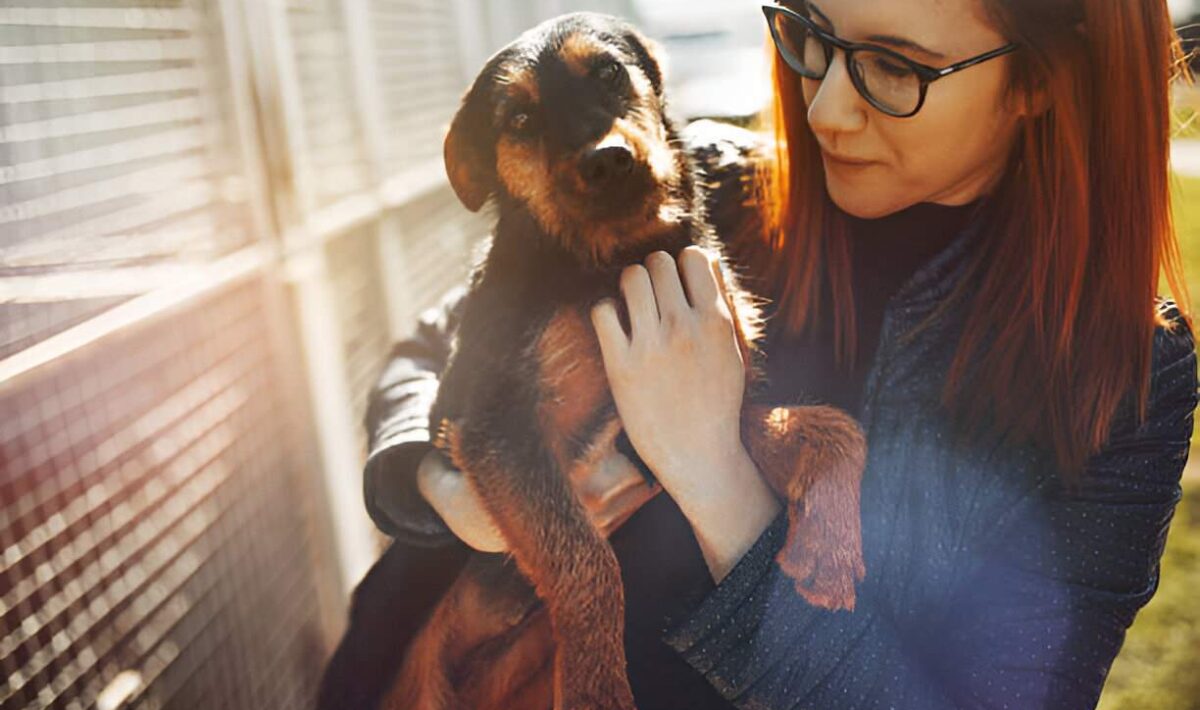Welcoming a dog into your life is a joyful and rewarding experience, but it’s a decision that requires careful thought and preparation. Before you take the leap into dog ownership, consider these crucial factors to ensure a happy and harmonious relationship with your new canine companion.
Lifestyle Compatibility
Your daily routine and overall lifestyle significantly influence the type of dog that will flourish in your home. It’s essential to consider your work schedule, social commitments, and leisure activities. High-energy breeds need frequent walks and play sessions, while more relaxed dogs might be a better fit for less active lifestyles.
Honestly assess the time and energy you can realistically dedicate to your new pet.
Living Space and Environment
The size and nature of your living space are important factors to consider when choosing a dog. While some large breeds can adapt to apartment living if given enough exercise, others require a spacious yard to roam and play.
Think about your current living situation and any potential future changes. If you’re renting, check with your landlord about pet policies and any breed restrictions.
Financial Responsibility
Owning a dog comes with ongoing expenses that extend far beyond the initial adoption or purchase fee. Factor in the costs of food, regular veterinary care, vaccinations, grooming, toys, and potential emergency medical expenses.
Some breeds are prone to specific health issues, which can lead to higher veterinary bills over time. Be prepared for the financial commitment that comes with responsible pet ownership.
Time for Training and Socialization
All dogs, regardless of age or breed, require training and socialization to become well-adjusted members of your household. Are you willing to invest time in obedience classes or one-on-one training sessions?
Proper socialization during a dog’s early months is crucial for developing a friendly and confident adult dog. Consider whether you have the patience and dedication to work through potential behavioral challenges.
Family Dynamics and Allergies
If you have children or other pets, it’s essential to choose a dog that will integrate well with your existing family structure. Some breeds are known for their gentle nature with kids, while others may require more supervision.
Additionally, if anyone in your household has allergies, consider hypoallergenic breeds or spend time with different dogs to gauge potential reactions before making a commitment.
Long-term Commitment
Dogs are a long-term responsibility, with many living 10 to 15 years or more. Think about your plans for the future and how a dog fits into them. Are you planning to travel extensively, move to a different country, or make other significant life changes?
Ensure that you’re ready for the decade-plus commitment that comes with dog ownership.
Exercise and Mental Stimulation Needs
Different dog breeds have varying exercise requirements. Some need hours of vigorous activity each day, while others are content with a short walk and some playtime. Beyond physical exercise, dogs also require mental stimulation to prevent boredom and destructive behaviors.
Assess your ability to provide both physical activity and mental enrichment for your potential new pet.
Grooming and Maintenance
Grooming needs can vary significantly between breeds. Some dogs require professional grooming every few weeks, while others may need only occasional brushing. Consider whether you have the time and resources to maintain a high-maintenance coat or if a low-shedding breed would be more suitable for your lifestyle.
Adoption Options
Decide whether you want to adopt from a shelter or rescue organization or purchase from a reputable breeder. Both options have their merits. Rescuing a dog can be incredibly rewarding and gives a home to an animal in need.
Buying from a breeder allows you to raise a puppy from the start and may provide more predictability in terms of size and temperament. Whatever you choose, do thorough research to ensure you’re working with a responsible organization or breeder.
Support System
Having a support system is crucial for successful dog ownership. Think about who can care for your dog when you’re away or during emergencies. Consider if friends or family can assist with dog-sitting, and whether there are reputable boarding facilities or pet-sitters in your area.
Establishing this support network before bringing a dog home can alleviate stress and ensure your pet always receives proper care.
Conclusion
By carefully considering these factors, you’ll be better prepared to make an informed decision about bringing a dog into your life. Remember, owning a dog is a significant responsibility, but with the right preparation and mindset, it can be one of the most joyful and fulfilling experiences you’ll ever have.

